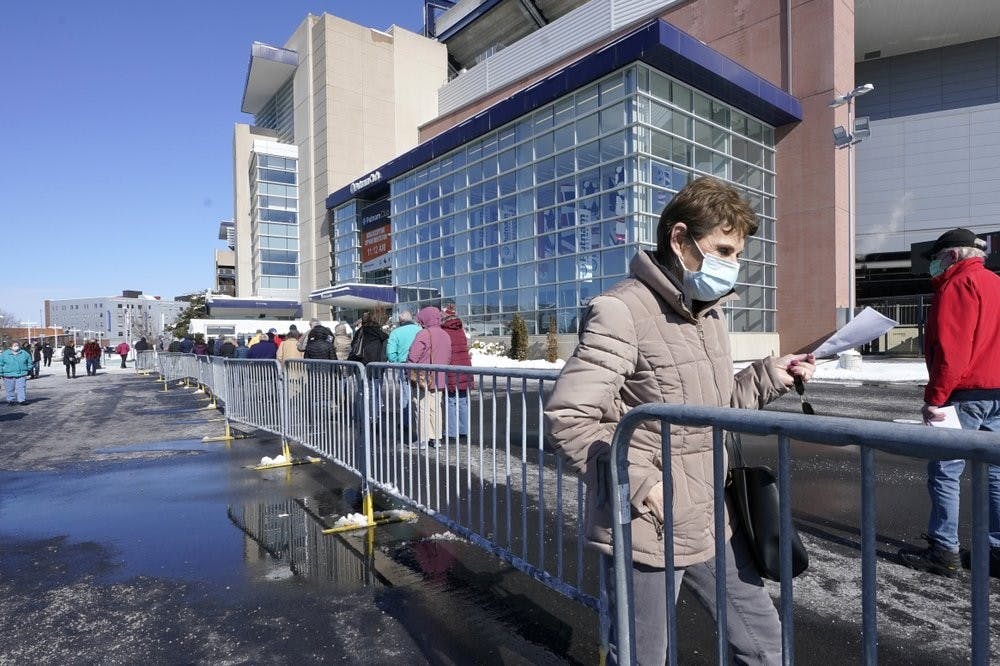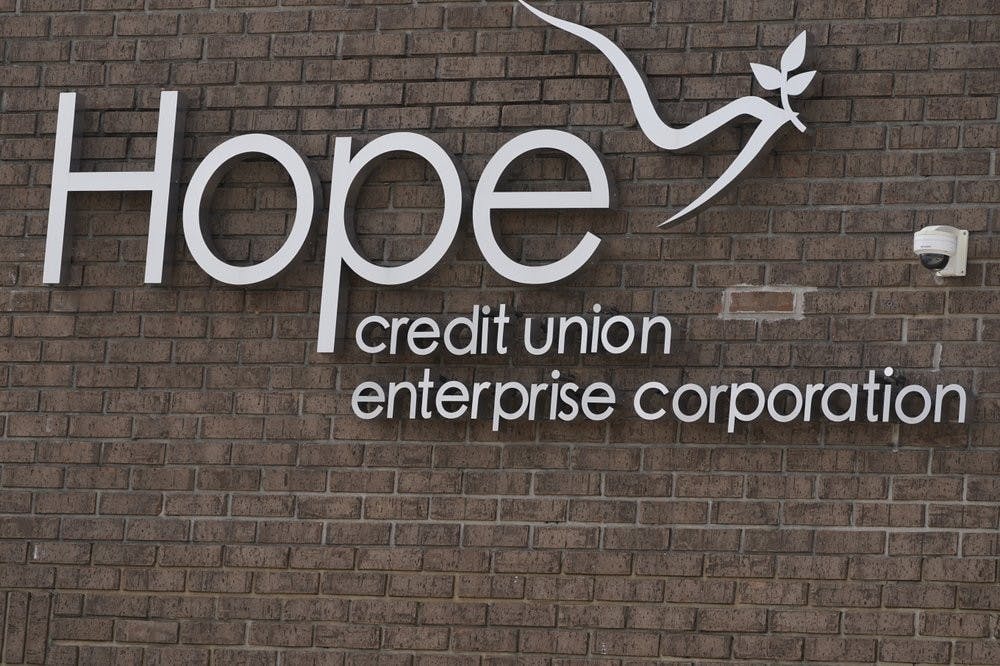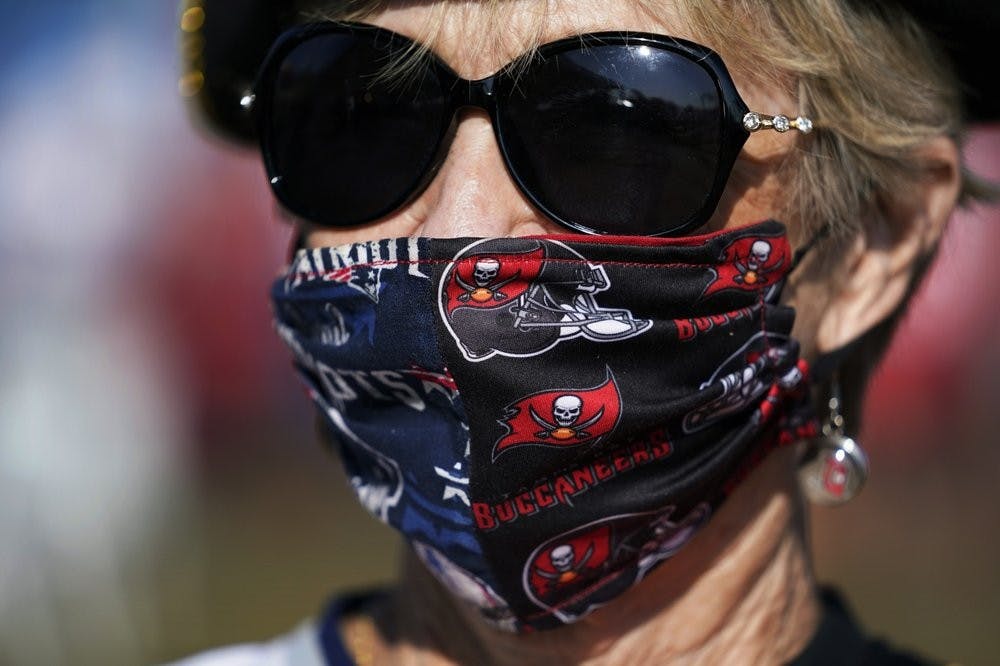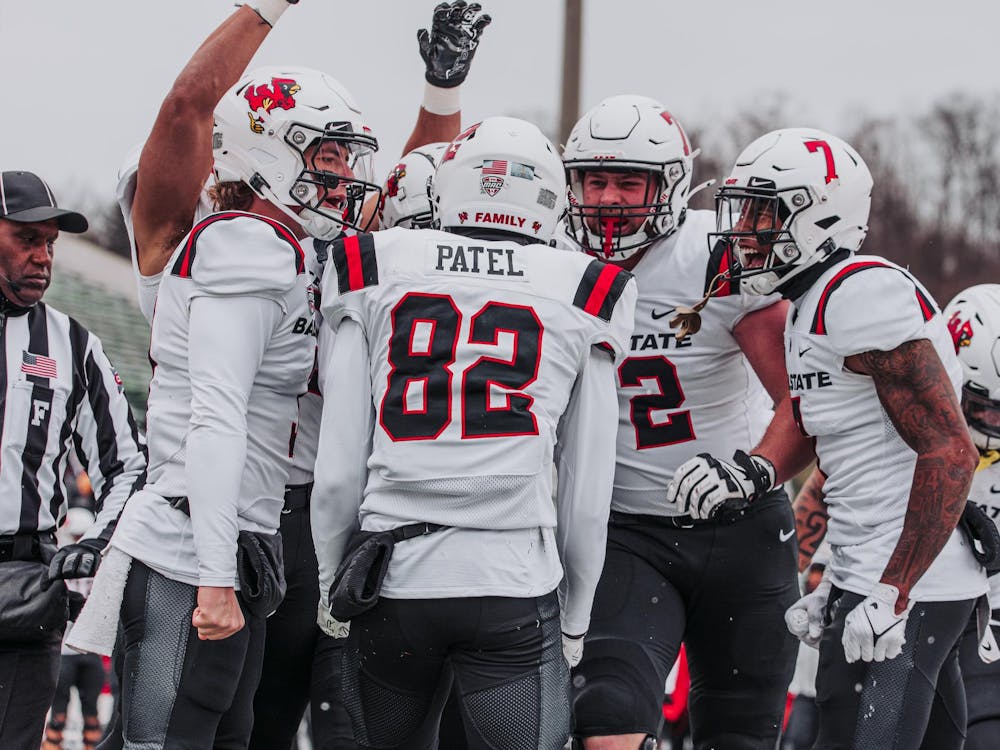Editor’s Note: This listicle is part of a weekly series by The Ball State Daily News summarizing five stories from around the world. All summaries are based on stories published by The Associated Press.
Advocacy groups call on Biden to end federal executions, schools plan for remote learning in the fall, hackers try to poison Florida drinking water, maskless Super Bowl fans raise fears about the coronavirus and a new program for minority businesses in Southern underserved communities make up this week's five national stories.
82 advocacy groups call on Biden to end federal executions

Dozens of civil rights and advocacy organizations are calling on the Biden administration to immediately halt federal executions after an unprecedented run of capital punishment under President Donald Trump and to commute the sentences of inmates on federal death row. The organizations, including the American Civil Liberties Union, The Leadership Conference on Civil and Human Rights and 80 others, sent a letter to President Joe Biden on Tuesday morning, urging that he act immediately “on your promise of ensuring equality, equity, and justice in our criminal legal system.”
Schools plan for potential of remote learning into the fall

FILE - In this Jan. 13, 2021 file photo, Meghan Hayes, who teaches at John Hay Community Academy, teaches her class outside Chicago Public Schools Board President Miguel del Valle's home, in Chicago. After seeing two academic years thrown off course by the pandemic, school leaders around the country are planning for the possibility of more distance learning next fall at the start of yet another school year. (Pat Nabong/Chicago Sun-Times via AP, File)
Parents of schoolchildren learning from home shouldn’t necessarily count on reclaiming the dining room table any time soon. After seeing two academic years thrown off course by the pandemic, school leaders around the country are planning for the possibility of more distance learning next fall at the start of yet another school year. President Joe Biden has made reopening schools a top priority, but administrators say there is much to consider as new strains of the coronavirus appear and teachers wait their turn for vaccinations.
In Florida city, hackers try to poison the drinking water

In this screen shot from a YouTube video posted by the Pinellas County Sheriff's Office, Pinellas County Sheriff Bob Gualtieri speaks during a news conference as Oldsmar, Fla., Mayor Eric Seidel, left, listens, Monday, Feb. 8, 2021, in Oldsmar, Fla. Authorities say a hacker gained access to Oldsmar's water treatment plant in an unsuccessful attempt to taint the water supply with a caustic chemical. (Pinellas County Sheriff's Office via AP)
A hacker gained unauthorized entry to the system controlling the water treatment plant of a Florida city of 15,000 and tried
to taint the water supply with a caustic chemical, exposing a danger cybersecurity experts say has grown as systems become both more computerized and accessible via the internet. The hacker who breached the system at the city of Oldsmar’s water treatment plant on Friday using a remote access program shared by plant workers briefly increased the amount of sodium hydroxide by a factor of one hundred (from 100 parts per million to 11,100 parts per million), Pinellas County Sheriff Bob Gualtieri said during a news conference Monday.
Vaccine drive gains speed, but maskless fans fuel worries

People enter a socially distanced line to get their COVID-19 vaccinations at Gillette Stadium, Monday, Feb. 8, 2021, in Foxborough, Mass. (AP Photo/Steven Senne)
The drive to vaccinate Americans against the coronavirus is gaining speed and newly recorded cases have fallen to their lowest level in three months, but authorities worry that raucous Super Bowl celebrations could fuel new outbreaks. More than 4 million more vaccinations were reported over the weekend, a significantly faster clip than in previous days, according to the Centers for Disease Control and Prevention. Nearly one in 10 Americans have now received at least one shot. But just 2.9% of the U.S. population has been fully vaccinated, a long way from the 70% or more that experts say must be inoculated to conquer the outbreak.
New boost for minority businesses in underserved communities

Signage decorates the corporate office of Hope Enterprise Corporation, which runs a Mississippi-based credit union, in Jackson, Miss., Monday, Feb. 8, 2021. Hope is partnering with seven cities and nine historically Black colleges and universities to launch the “Deep South Economic Mobility Collaborative." Goldman Sachs 10,000 Small Businesses initiative is providing up to $130 million to the endeavor, which will be available to clients in Louisiana, Mississippi, Alabama, Arkansas and Tennessee. (AP Photo/Rogelio V. Solis)
Small minority-owned businesses have often struggled to gain access to capital and other tools to grow, a challenge made more daunting by the economic upheaval of the coronavirus pandemic. But a new effort announced Tuesday aims to address those disparities in pockets of the nation long gripped by poverty. Hope Enterprise Corporation, which runs a Jackson, Mississippi-based credit union that specializes in lending and other financial services to underserved communities, is partnering with seven cities and nine historically Black colleges and universities to launch the “Deep South Economic Mobility Collaborative.” Goldman Sachs 10,000 Small Businesses initiative is providing up to $130 million to the endeavor, which will be available to clients in Louisiana, Mississippi, Alabama, Arkansas and Tennessee.





